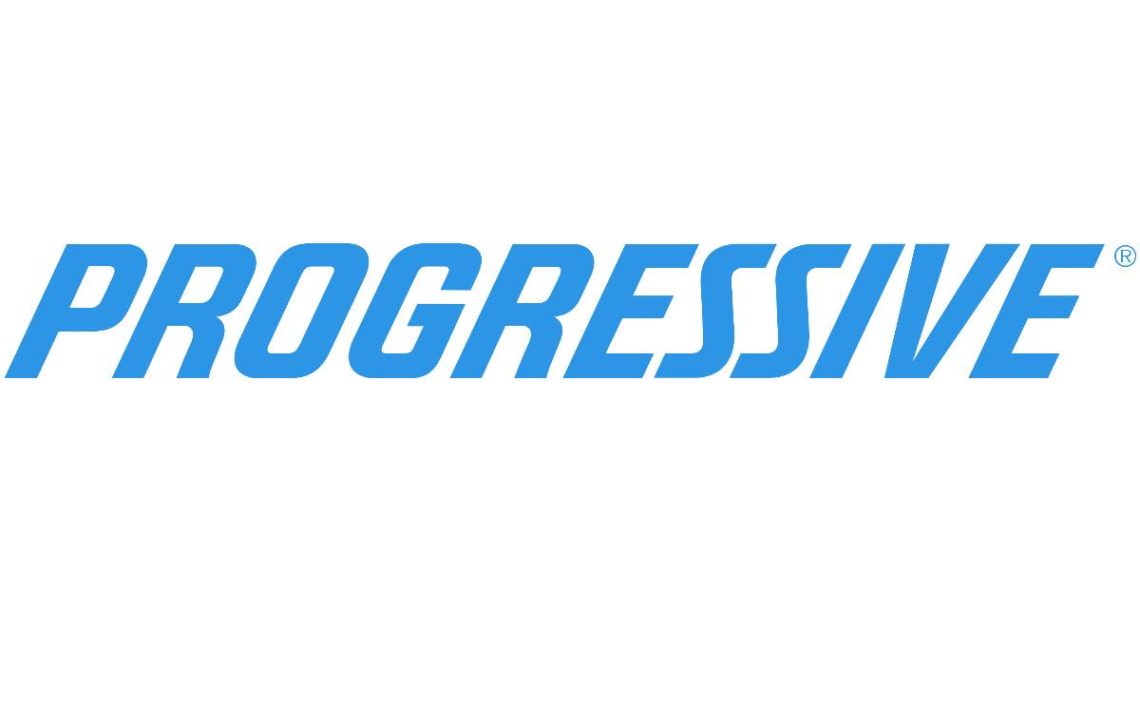One of the coverages with which more doubts are generated is the coverage against water damage, which has multiple limitations. Many users have doubts about whether progressive home insurance covers water damage, so we must find out all the conditions in this regard.
Standard insurance policies usually protect against damage that is sudden, accidental, and comes from inside the house. However, if the damage is caused by an exterior flood or a careless repair, it may not be covered.
Conditions attached to water damage insurance claims
One of the most common home insurance claims is those arising from water damage. To determine if we have coverage for water damage, we will need to consider three key factors:
Type of policy
Knowing the type of water damage covered by the homeowner’s, condo, or renter’s insurance policy is basic. One may have a sump pump designed to draw water under our home; if the pump breaks down, the basement could flood.
This company offers optional coverage that is for water overflow and sump overflow. This coverage will protect us in case of pump failure or clogged sewer. Learn more about homeowners insurance coverages.
Source of Damage
The source of the damage is very relevant when we talk about water damage, and if the source of the damage comes from inside the home, it is likely to be covered by homeowners insurance. Normally this coverage allows us to wrap a broken pipe or an appliance that overflows.
Roof leaks are also typically covered by a homeowner’s insurance policy. We are not protected against water damage from outside sources such as flooding.
Sudden or gradual
Most policies do not provide coverage for gradual or wear and tear damage. Homeowner’s insurance will not cover water damage or plumbing costs if a leak has been present for several months.
If freezing temperatures cause the pipe to burst and flood the home, it will usually be covered because it is sudden and accidental. But, different preventive measures must have been taken for the insurance to provide good coverage.
What is covered and what is not covered by homeowners insurance?
The following are among the things covered by homeowners insurance:
- Sudden plumbing problems.
- An appliance that overflows.
- Fire extinguishers or hoses that have been damaged by fire.
However, these types of policies do not cover some situations such as:
- Sewer or drainage backup water.
- Floods.
- Source of water damage.
- Damage caused by negligence.
Why are these items not covered?
Each of the situations that are not covered is due to the following causes:
- Sewer breaks: these are not covered by standard household policies. For this, we must have optional sewer and water backup coverage that must be added for an additional premium.
- Floods: these are not covered by a policy since these damages are covered by flood insurance under the National Flood Insurance Program. However, we may consider an indication insurance policy if we live in a higher-risk area.
- Source of water damage: If an appliance overflows, water damage will be covered by insurance. However, the cost of repairing or replacing the dishwasher will not be covered.
- Negligence: Our claim may be denied when we fail to maintain the plumbing properly or if the water heater bursts.
What should we do if we suffer water damage?
To make sure we are covered for water damage by Progressive, we will need to follow these steps:
- Record the damage: we will need to take videos and photos of the affected area, as well as the belongings that have been damaged. We must be careful not to disturb the scene until an adjuster makes the inspection.
- Avoid further damage: it is important to remove excess water and move all valuables that may be damaged to avoid further damage.
- Inventory the home: a complete list of damaged items, including make, model, age, and cash value, should be made whenever possible for insurance purposes.
Does renters insurance cover water damage?
Renters insurance works similarly to homeowners insurance. In case of sudden, accidental, or interior damage to the residence, we will have coverage for the damage in these cases.
But, unlike homeowners insurance, water damage in rented residences will fall under the homeowner’s insurance. We must consider that homeowners insurers will not normally have coverage for mold removal.
With all these considerations in mind, we will have to prepare everything related to the damage produced by water in our homes. We must remember the cases in which we will not have coverage, in which we will have to assume the costs caused by water damage.


